HuskerBrewer
Member
I'm just tasting my first glass of this after brewing it back at the beginning of November. I'm curious to see what others have experienced in the finish. I don't get much sweetness just a nice bitter toasty flavor, but I do get a pretty dry/astringent finish. My numbers were an OG of 1.084 and when I checked the gravity going from primary to secondary after 1 month I was at 1.018. I didn't take another gravity reading when putting it in the keg a week ago as I figured it would be pretty stable at that point. I know the 1.018 was quite a bit lower than the original recipe, but I didn't think much of it since my OG was a bit lower as well. Also, I mashed at 152 for 60 min and I'm pretty confident in my thermometer as it's been spot on every time I checked it in boiling water.


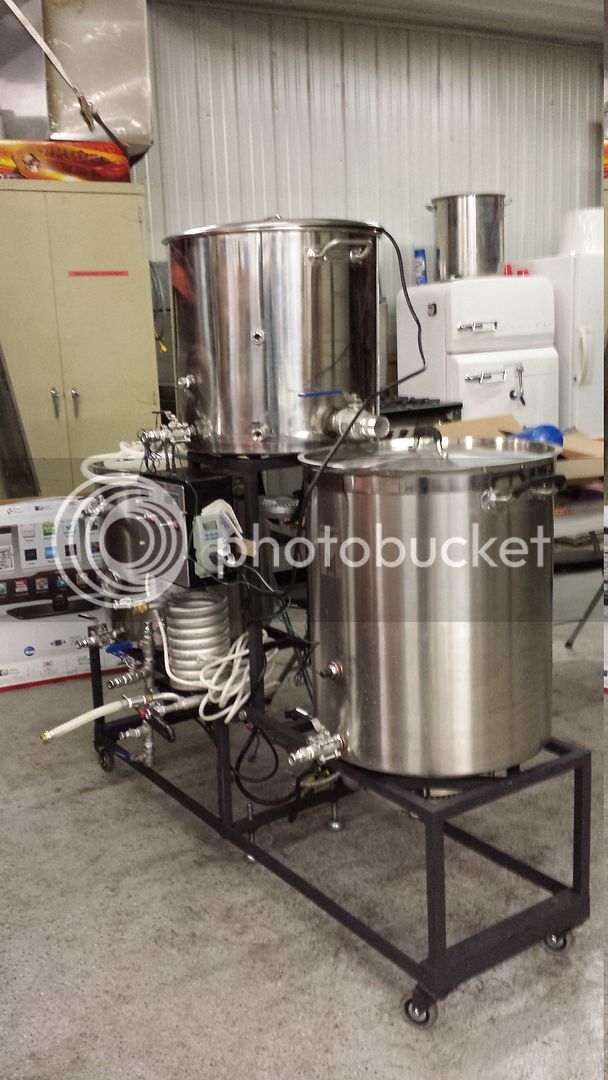
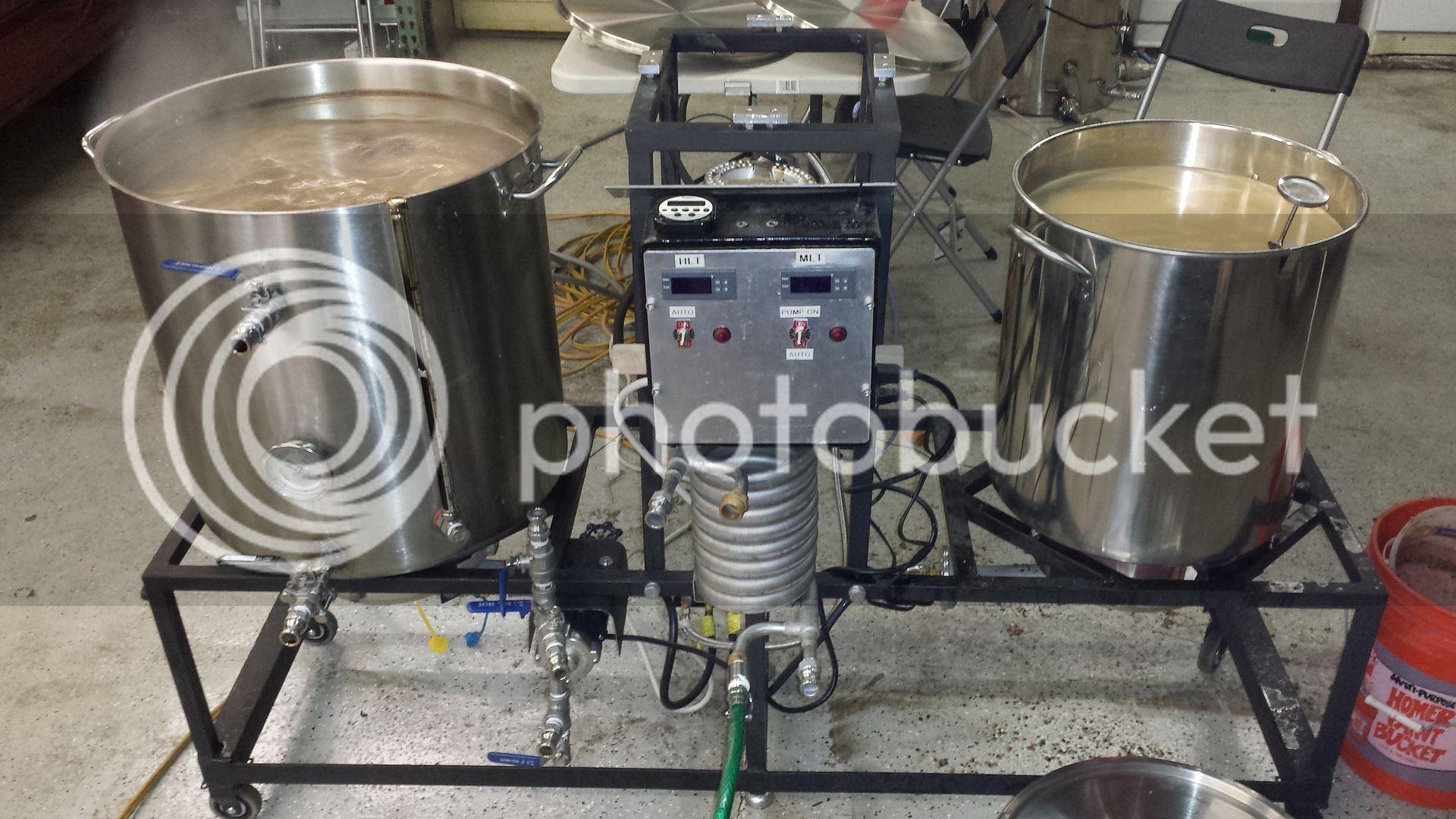
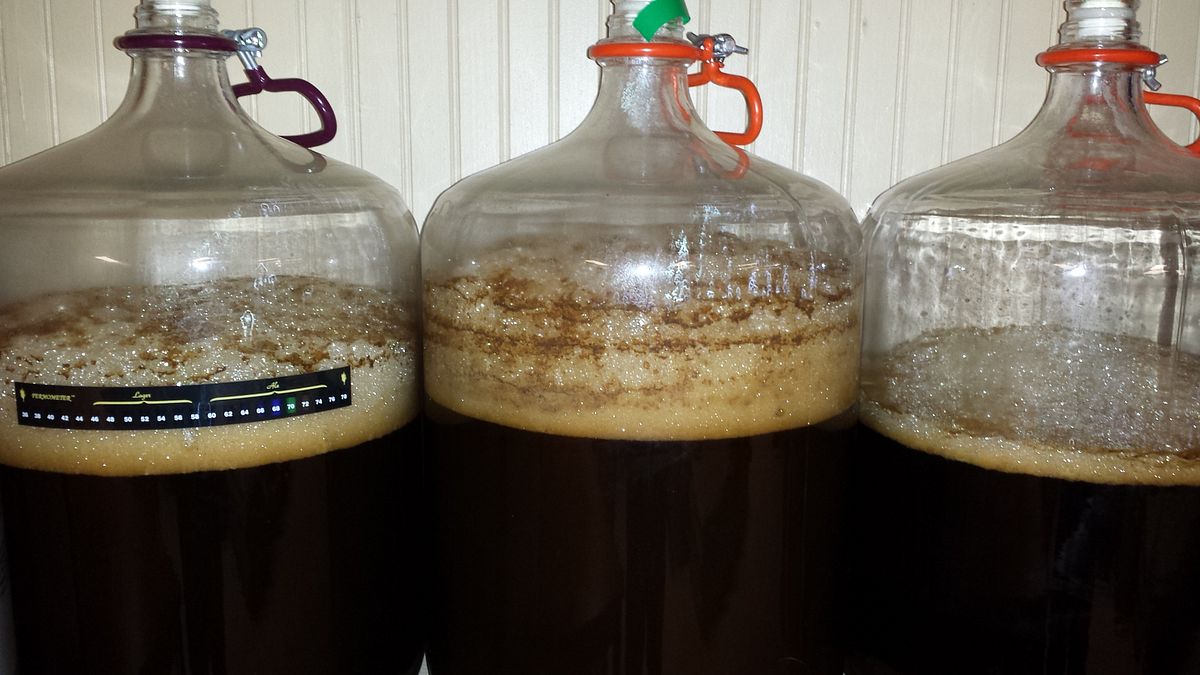
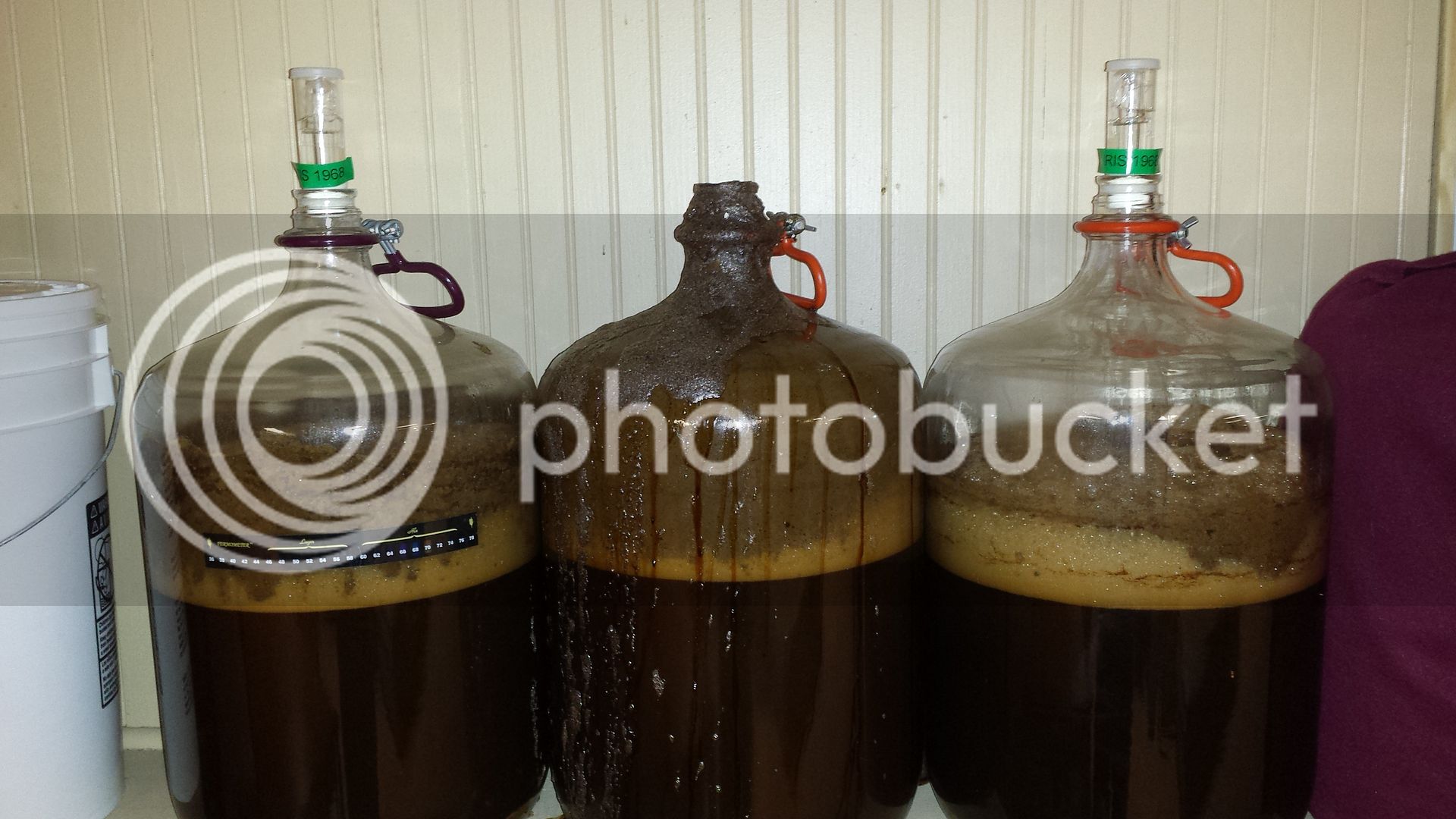
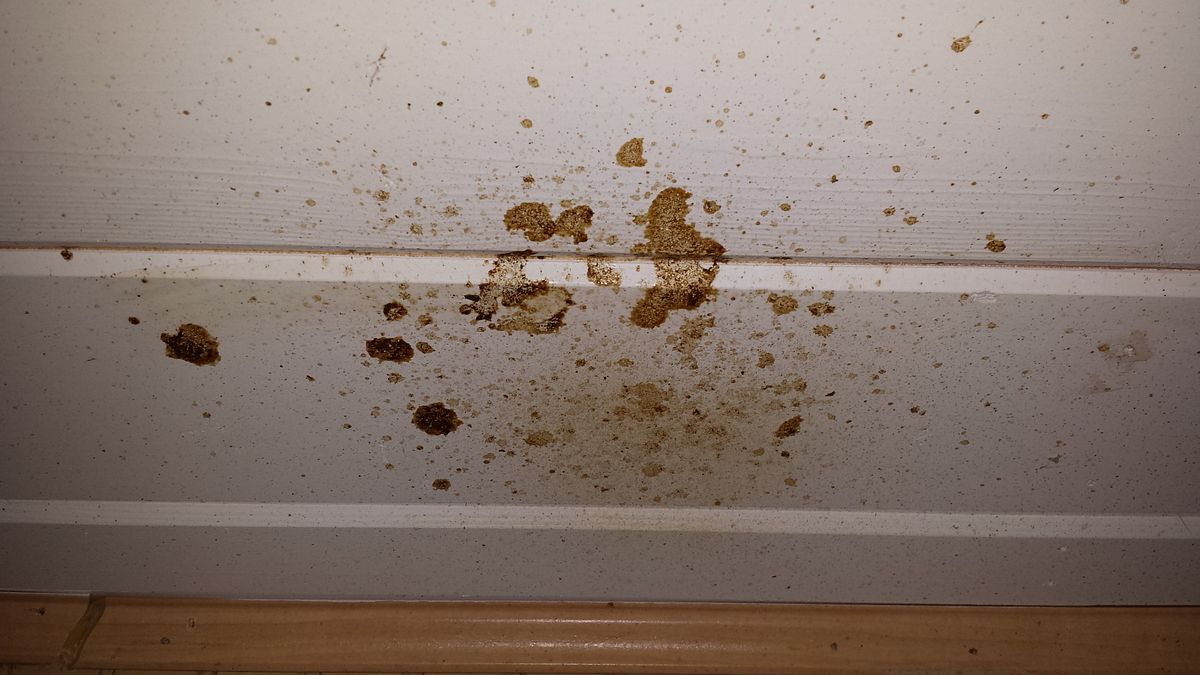


























![Craft A Brew - Safale S-04 Dry Yeast - Fermentis - English Ale Dry Yeast - For English and American Ales and Hard Apple Ciders - Ingredients for Home Brewing - Beer Making Supplies - [1 Pack]](https://m.media-amazon.com/images/I/41fVGNh6JfL._SL500_.jpg)































